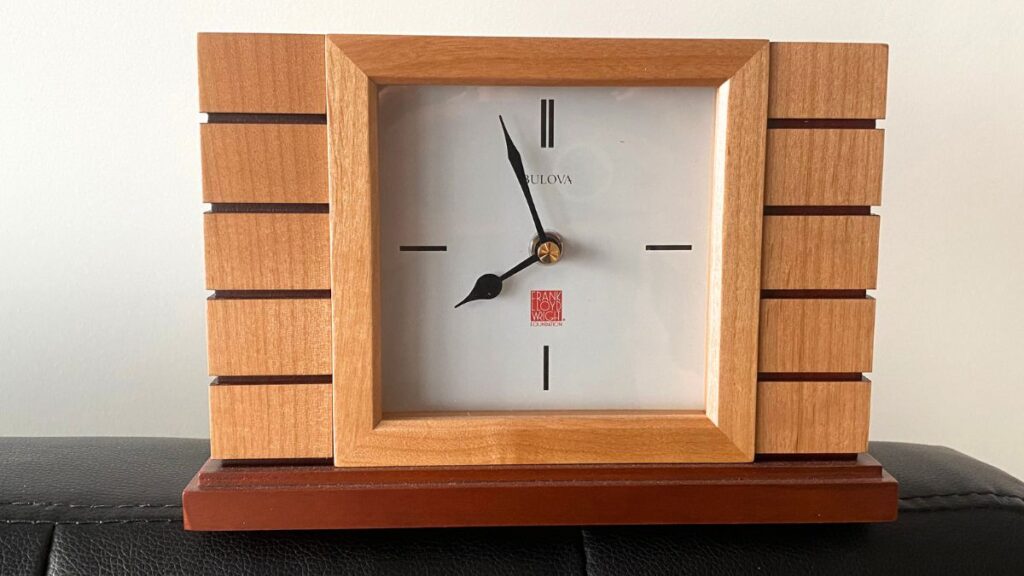10 Unusual Office Cultures from Around the World
10 Unusual Office Cultures from Around the World

Office cultures vary greatly around the world, each reflecting its unique societal values and work ethics. In recent years, this has brought up many conversations on social media due to the difference in the number of paid leave days granted to EU workers vs American workers. Indeed, EU workers benefit of a legal minimum of four weeks of paid leave per year while the US’ minimum is 10 days, when that is even granted.
From sleeping at work in Japan to long lunch breaks in Spain, these practices might seem unusual but they hold significant meaning in their respective cultures.
Japan: Sleeping at Work

In Japan, napping at work, otherwise known as “inemuri,” is not frowned upon. This practice is often seen as a sign that an employee is working hard and is thus exhausted. The culture respects hard work to such an extent that sleep due to fatigue from overworking is somewhat acceptable and can even indicate diligence.
Spain: Long Lunch Breaks

Spanish work culture is famous for its more relaxed pace, epitomized by the siesta. Workers often enjoy up to two hours for a lunch break. This extended break allows employees to relax and return to work refreshed for the afternoon. It reflects a balanced approach to productivity and leisure, valuing both equally.
Denmark: Workplace Autonomy

In Denmark, the work environment is characterized by flat hierarchies and high levels of autonomy. Managers are seen as equals rather than superiors, making them very approachable. This structure promotes an inclusive atmosphere and encourages open communication and collaboration among employees.
India: Celebrating Cultural Festivals

Offices in India often become spaces of vibrant celebration during various festivals. Celebrating these important cultural days together is key, fostering a sense of community and belonging among employees. This practice not only enriches the workplace environment but also respects and honors the diverse cultures of the employees.
Australia: ‘Friday Drinks’

In Australia, it’s common practice to go out for drinks with colleagues on Friday evenings. This tradition is a great way for employees to relax, unwind, and bond after a week of work. It serves to strengthen team cohesion and provides a casual setting for networking and socializing.
China: The ‘996’ Culture

China’s ‘996’ working schedule—9 AM to 9 PM, 6 days a week—is particularly prevalent in tech companies. This rigorous schedule emphasizes a strong commitment to job duties and a high capacity for work, representing the intense competitive spirit and the high value placed on persistence and endurance in the Chinese labor market.
Germany: Precision and Punctuality

German work culture places a strong emphasis on precision and punctuality. Being on time and exact in all work dealings is a respected trait. This extends beyond mere scheduling to the quality of work produced, reflecting a broader cultural appreciation for orderliness and dependability.
United States: Open Office Spaces

In the USA, many offices are designed as open spaces equipped with various amenities such as game rooms and lounges. This setup aims to create a more engaging and interactive work environment. It encourages collaboration and creativity among employees, making the workplace a more dynamic and enjoyable setting.
United Kingdom: Tea Breaks

Taking regular tea breaks throughout the day is a cherished tradition in the UK. These breaks provide employees with a chance to pause, refresh, and socialize. This not only boosts morale but also increases productivity by allowing short, frequent rests that help maintain focus throughout the workday.
Canada: Emphasis on Work-Life Balance

Canadian companies often emphasize a healthy work-life balance through flexible working hours and the option to work from home. This approach respects the personal lives of employees, acknowledging that well-rounded individuals can contribute more effectively and are happier in their roles.
15 American Workplace Etiquette Habits That Surprise International Colleagues

Read More: 15 American Workplace Etiquette Habits That Surprise International Colleagues
11 Surprising American Work Culture Things Europeans Could Never Accept

Read More: 11 Surprising American Work Culture Things Europeans Could Never Accept
We are Mary and Eric, the founders of Be Right Back, a blog dedicated to romance around the globe and at home.
We are Mary and Eric, the founders of Be Right Back, a blog dedicated to romance around the globe and at home. With over 10 years of experience in dating and traveling to romantic places, we share our favorite date ideas and romantic destinations to help couples level up their relationships. Having lived in and traveled through the USA, we also share our favourite things to do in the States.
With 70,000 monthly readers and 16,000 followers on social media, Be Right Back is your go-to resource for romantic trip ideas and couple activities at home and abroad.
